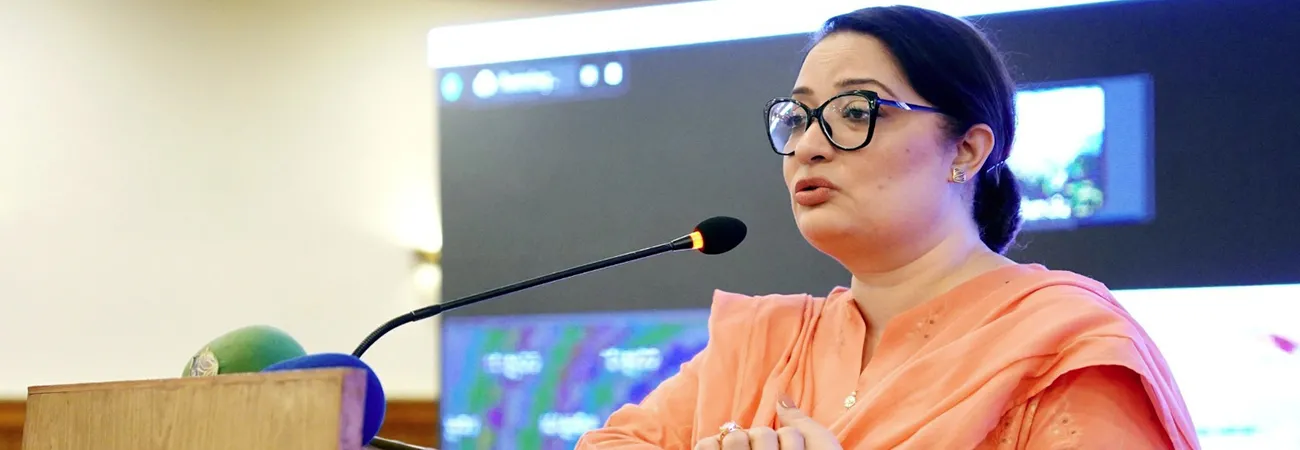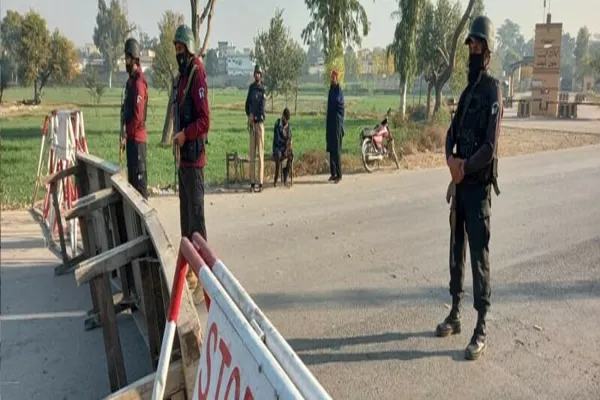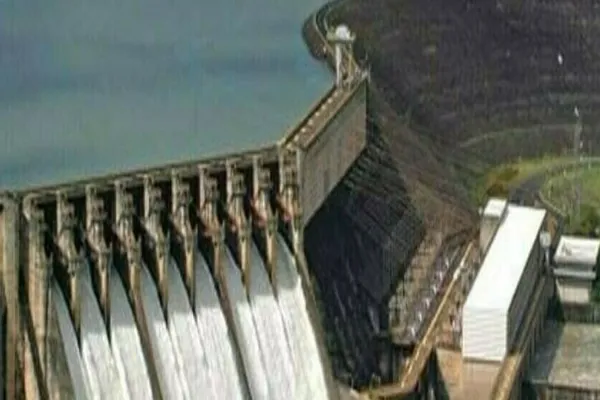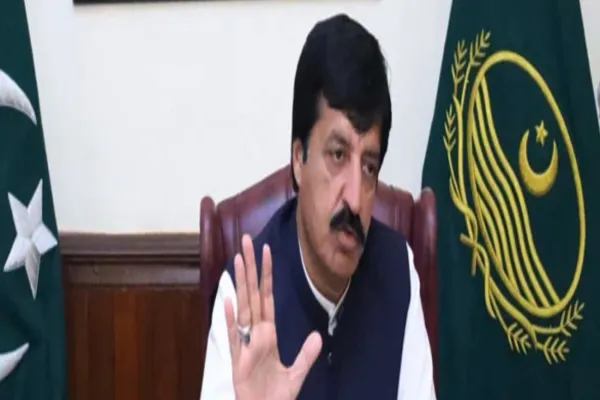i NEWS PAKISTAN
The Hindu Kush Himalaya) regional countries must join hands to address the regional climate challenges and shared water resources as rivers and glaciers in the HKH region transcend national boundaries, opined coordinator to the Prime Minister on Climate Change, Romina Khurshid Alam in her inaugural address for ‘Policy Action Dialogue on Tackling Climate Change Impacts’ here on Wednesday. The event was organised by the international development and civil society organizations in collaboration with federal organisations working on climate change, food security and water conservation. The event was attended by Researchers, students and experts at both National, and International levels. Addressing the event Romina Khurshid said, “Rapid glacial melting and resultant floods in HKH region has put lives and socio-economic sustainability of nearly two billion people at risk. However, tackling these risks effectively through resilience building measures is possible only through close collaboration among the regional countries”.
The global temperature is continuously rising having severe and far-reaching consequences in the HKH region spanning across Afghanistan, Pakistan, India, China, Nepal, and Bhutan. In these countries about 240 million people in the mountainous areas, and around 1.65 billion people downstream are at risk. The main cause is the adverse climatic impact on glaciers, river water flows, energy supplies and agriculture. So joint efforts are important to mitigate the challenges, added Romina Khurshid. Addressing the even, Dr. Pema Gyamtsho, Director General of Kathmandu-based ICIMOD organisation, emphasised the vital importance of addressing the complex environmental challenges of the HKH region. He said, "Pakistan, with 7,253 glaciers—the highest number outside the polar regions—is vulnerable to both floods and droughts. So, access to climate data for at-risk communities is necessary to improve, although smart technologies exist but scaling them effectively remains a challenge yet. The disaster risk reduction should focus beyond preparedness and prevention, urging investment in planning and implementation”.
Addressing the event, Lt. Gen. Inam Haider Malik, Chairman of the National Disaster Management Authority (NDMA) emphasized the alarming impact of warming on the glacial regions in the country. He said, “Glacial melt in the Indus River basin was accelerating at a dangerous rate. He cited a 23.3% decrease in snow cover between November 2023 and April 2024 and an annual glacial melt rate of 3%, with an additional 16% mass loss over the past five years”. He warned that while melting may provide temporary water surpluses, the long-term implications are dire and require urgent attention. He urged on the need for a regional approach to address the cryosphere crisis. Special remarks delivered by Ms. Aisha Humera Chaudhry, Acting Secretary of MoCC&EC. She emphasized on the need for making the cryosphere an integral part of the climate discourse in Pakistan. Ahmed Kamal, Chairman of the Federal Flood Commission and Neelofur Hafeez, Joint Secretary of the Ministry of National Food Security and Research (MoNFS&R) highlighted the importance of interagency cooperation to tackle the multifaceted challenges of climate change.
Credit: Independent News Pakistan









